Major economic resources for Indian livelihood is the agricultural development which can be achieved by educational initiatives, research planning and extension methodology. The tri-functional responsibility of the university faculty in teaching, research and extension is the unique feature of India agricultural education. Agricultural education adopted as land grant pattern from the USA is professional in nature and has to be returned to meet the demands of the farmers in particular and society in general. With due consideration to the above aspect the authors painted and envisioned picture of agricultural education in five distinct capsules viz., change management options, HRD issues, curriculum development management of learning and teaching. Authors also describe the multi dimensional viewpoint of future agricultural education in different chapters for the ensured prosperity of this country. Agricultural education should consolidate the present strengths and educational planners need to transform the system by planned initiatives for appropriate human resource development in right perspective. Quality of PG education and doctoral research, faculty competence, student evaluation for competence and performance, distance education, vocationalisation, higher private investments in agriculture, university industry linkage and more so the world developments are some of the issues and concerns described in volume 1 and in the volume 2 the authors presented the current and desired learning/teaching process in well organized chapters.
Agrobiodiversity: Soil Resources and Microbial Diversity (Volume II)
Considering the ...
$75.60
$84.00

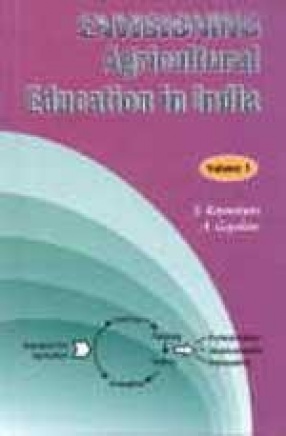
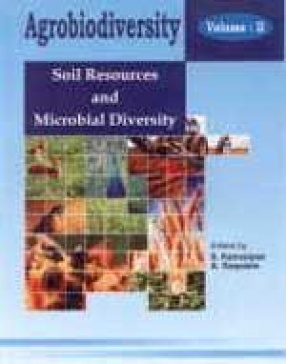
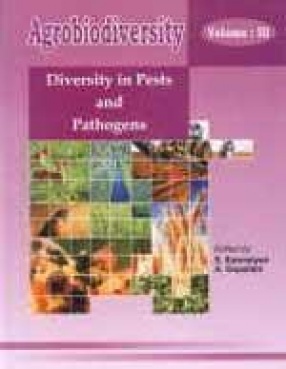
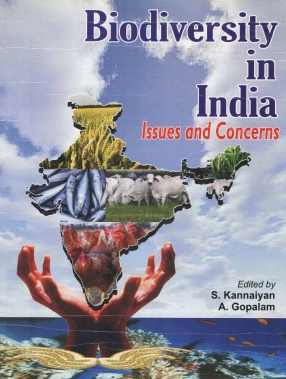

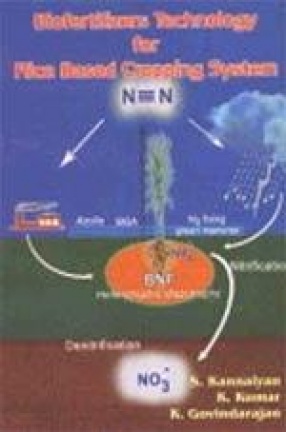
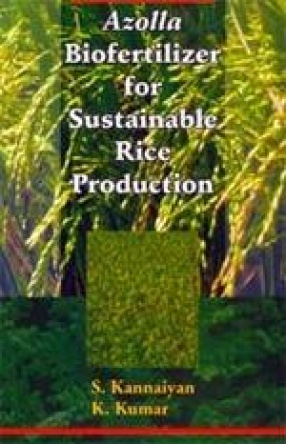
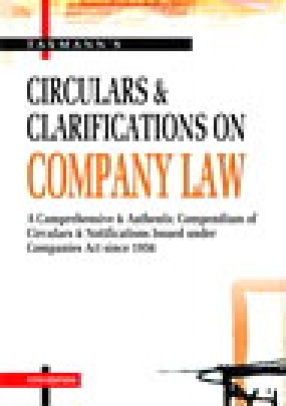

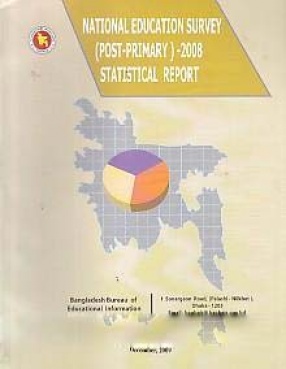
There are no reviews yet.